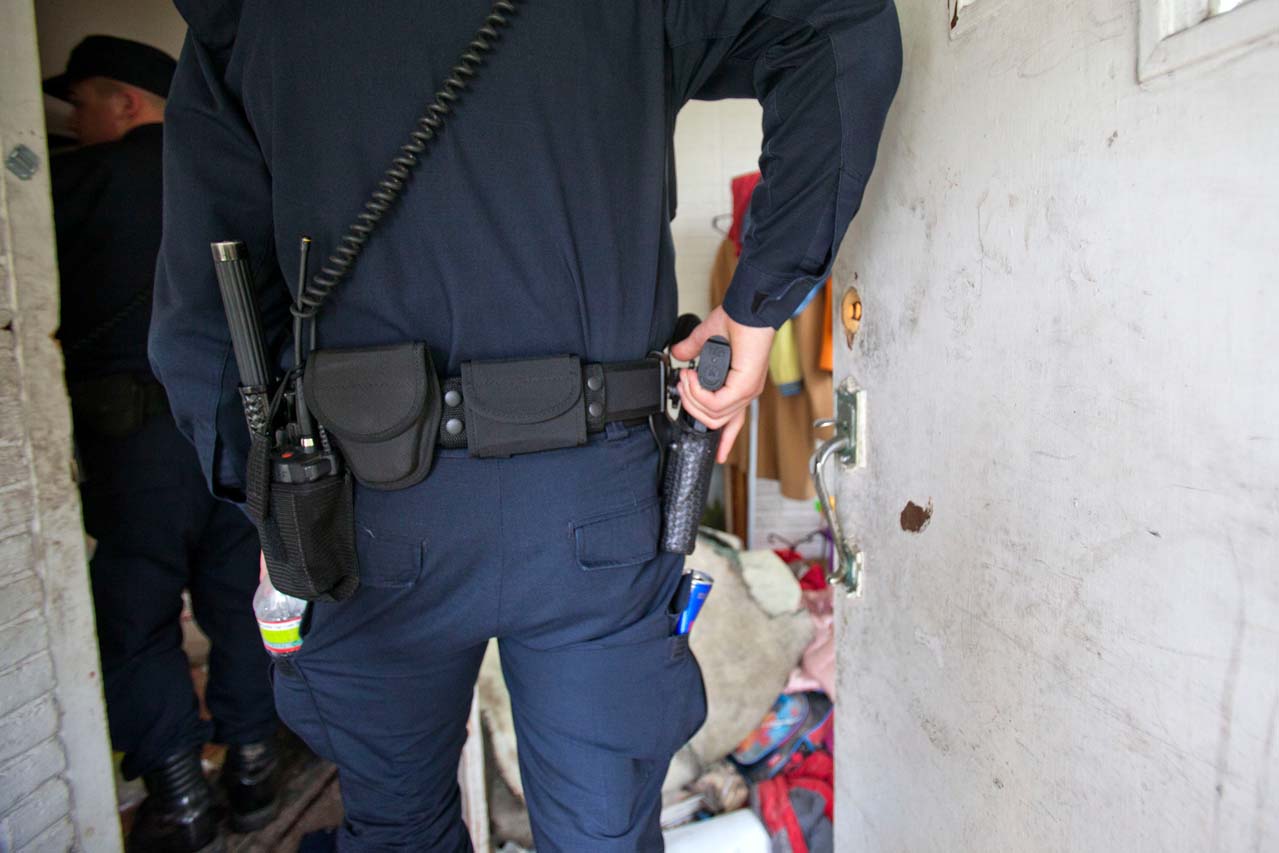Thirteen years ago, Joseph’s nightmare began. Behind a McDonald’s restaurant, three men attacked Joseph. The three attackers—all white men—had prior criminal records for drugs and thefts. On the other hand, Joseph, a proud father and husband, led a crime-free life.

While racism and implicit bias are major issues today, thirteen years ago, it was even worse. That is, Joseph, an undocumented Haitian immigrant, was disbelieved when he told police that he acted in self-defense. Joseph explained to police when the three men tried to rob him, he used a bat to defend his life. And even though Joseph had no criminal record, was employed full-time, was a proud husband and father, the police disbelieved Joseph. Because the police picked the three white men’s story, Joseph was charged with robbery and aggravated assault.
When the judge set bail at $100,000 Joseph’s nightmare continued. Since Joseph was unable to pay that high bail, he waited in jail. For one-year-and-four-days, he waited for his day in court. Meanwhile, his court-appointed attorney did not file pre-trial motions and did not investigate the case or the criminal backgrounds of Joseph’s attackers.
One-year-and-four-days after Joseph was arrested, his trial began. At trial, the prosecution’s witnesses—the three attackers and the police officer—testified against Joseph. Although there is no transcript of the trial, there is a transcript of what happened next.
The judge stopped the trial. The prosecutor and Joseph, through his attorney, agreed to a guilty plea of felony assault. In exchange for Joseph’s guilty plea, the prosecutor dropped all the other charges and recommended Joseph be released that very day. The “time-served” sentence would finally enable Joseph to get out of jail. By taking that deal, he would get out of jail that day.
What was so telling, however, is that the judge stated, on the record, that he did not believe the three prosecution witnesses. The judge explained that although he understood the police made a judgment call, he believed the police arrested the wrong person.
Unfortunately, 2008 was a different time, and Montgomery County was a different atmosphere. That is, an “acceptable” resolution for a wrongfully accused Haitian immigrant who sat in jail for over one year, was to let him plead guilty to a felony charge for a time-served sentence.
Following his plea, Joseph, now a convicted felon, was released from jail with a time-served sentence of one-year-and-four-days. While that should have ended Joseph’s nightmare, unfortunately his nightmare recurred.
That is, ten years later, the United States Department of Homeland Security targeted Joseph to be deported back to Haiti. The Department’s basis for targeting Joseph was because the sentence he has served, a decade ago, exceeded one-year.
Federal immigration law mandates a person be deported when, for no other reason, they previously served a jail sentence exceeding one year. Even though Joseph had been otherwise crime and conviction-free, it was no help. And, even though Joseph’s attackers had continued lives of crime, it was no help. Finally, even though Joseph worked in our community as a law-abiding person as he raised his three children for over ten years, none of that helped. He was ordered to be deported.
As a last line of defense, his immigration attorney contacted R. Emmett Madden of ThePhillyLawyers. The more we investigated Joseph’s case, the more it became apparent what had really happened. Joseph was a victim of racial bias, and he got caught in an arbitrary and unsympathetic criminal justice system. He was wrongfully charged. Based on the statements of three men the judge found not credible, Joseph then wrongfully pled guilty to a crime he had not committed. And because it took one-year-and-four days for his day in court, the time-served sentence he received was arbitrarily set at that length.
It was that sentence length—four days over one year—that was now the reason why federal authorities targeted him to be deported. Deportation would separate Joseph from his wife, from his children, and from the country in which he had worked for decades to build his life.
After we gathered evidence about Joseph’s innocence, the three witnesses who each continued to wreak havoc on the community, and Joseph’s otherwise unblemished life, we brought the case to the attention of the Montgomery County District Attorney—but to no avail.
The law is clear that an appeal, referred to as a Post-Conviction Relief Act Petition, must be filed within one-year of conviction. Without any “new” evidence, there was no legal basis for appeal. Ten years later, the District Attorney was unmoved by the evidence of Joseph’s innocence and was unwilling to alter the sentence.
Undeterred, we filed the Post-Conviction Relief Act Petition, despite a lack of legal precedent. After that petition was denied, we filed a Writ of Coram Nobis and argued that a manifest justice was occurring by convicting an innocent man and deporting him.
For years we fought through the courts without success. We then interviewed the trial judge, who had long-since retired from the bench. He acknowledged that he did have reasonable doubt, and that Joseph was, in all likelihood, an innocent man. He agreed Joseph should have never pled guilty and the result was unjust. The judge signed an affidavit and was the sole witness at the Corum Nobis hearing.
After three years of fighting, and thirteen years of being wrongfully accused of a crime, the Commonwealth and the Judge agreed to revise Joseph’s sentence so he would no longer be deported.
Still an imperfect result where he remains a convicted felon, nonetheless, we were able to achieve some justice to enable Joseph to continue to live the life he built in our community. In an unjust system, you need a lawyer who is not afraid to fight for justice against all odds.